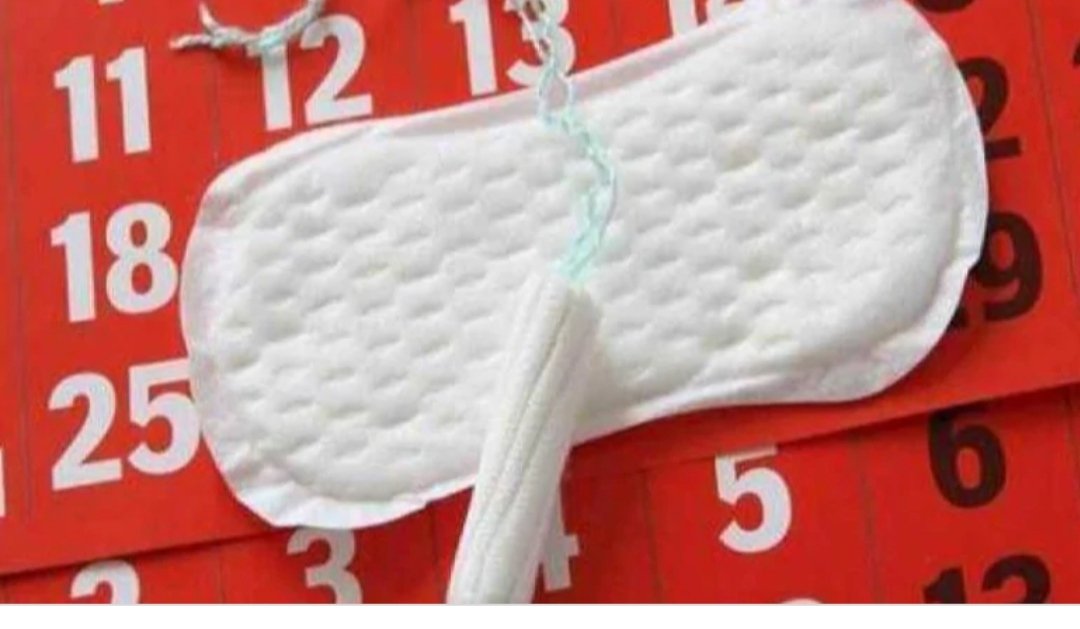Keypoints:
- Scotland became the first country to provide free sanitary products in schools, colleges and universities.
- Scotland is the first nation in the world to take such a step against “period poverty.”
On Tuesday, Scotland made sanitary products free to all women and became the first nation in the world to take such a big step against”period poverty”.
Scottish Labour MP Monica Lennon, said: “Scotland will not be the last country to consign period poverty to history, but we have the chance to be the first”
This step makes tampons and sanitary pads available at designated public places such as community centres, youth clubs and pharmacies, at an estimated annual cost to tax payers of 24 million pounds ($32 million U.S.).
First minister of Scotland Nicola Sturgeon called it “an important policy for women and girls”. Furthermore,the Period Products (Free provision) Scotland bill was passed unanimously.
Sturgeon posted on twitter saying that,”Proud to vote for this groundbreaking legislation, making Scotland the first country in the world to provide free period products for all who need them.”
The Period Products (Free Provision) (Scotland) Bill has been passed unanimously by MSPs this evening.
Find out more about what the Bill sets out to change: https://t.co/pdkiesJxGG pic.twitter.com/Pfz2TqJIP7
— Scottish Parliament (@ScotParl) November 24, 2020
During the debate, the bill’s proposer, Scottish Labour MP Monica Lennon, said: “No one should have to worry about where their next tampon, pad or reusable is coming from. Scotland will not be the last country to consign period poverty to history, but we have the chance to be the first”.
Scotland became the first country to provide free sanitary products in schools, colleges and universities in the year 2018.
Some 10% of girls in Britain have been unable to afford sanitary products, according to a survey by the children’s charity Plan International in 2017, with campaigners warning many skip classes as a consequence.
In the United Kingdom, sanitary products are taxed at 5%, a levy that officials have blamed on European Union (EU) rules that set tax rates on certain products. Now that Britain has left the EU, British Finance Minister Rishi Sunak has said he would abolish the “tampon tax” in January 2021.
While there are small-scale initiatives that make available sanitary pads at nominal rates, 70 per cent Indian women do not have access to sanitary napkins, as per a Nielsen survey conducted in October 2010.
Thank you to everyone who has campaigned for period dignity and to my MSP colleagues for backing the Bill tonight.
A proud day for Scotland and a signal to the world that free universal access to period products can be achieved. #freeperiodproducts 🏴 https://t.co/NC3e97jPuQ
— Monica Lennon (@MonicaLennon7) November 24, 2020
The Scotsman quoted Lennon as saying before the vote that “the legislation is increasingly necessary because of the negative impact the pandemic has had on access and said the next steps will be to end the stigma surrounding periods and to make sure women’s health stays on the political agenda”.
Lennon further told the Parliament in a video message that it marked “a proud day for Scotland and a signal to the world that free universal access to period products can be achieved.”

